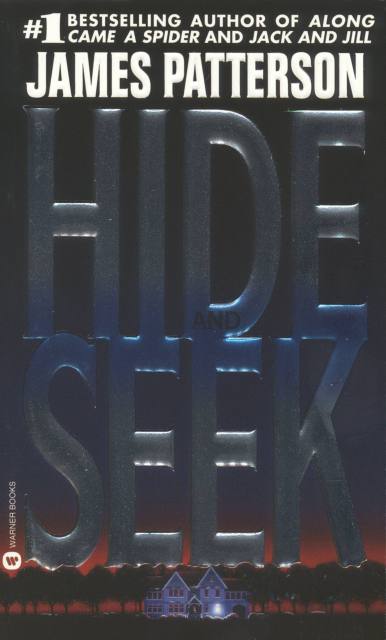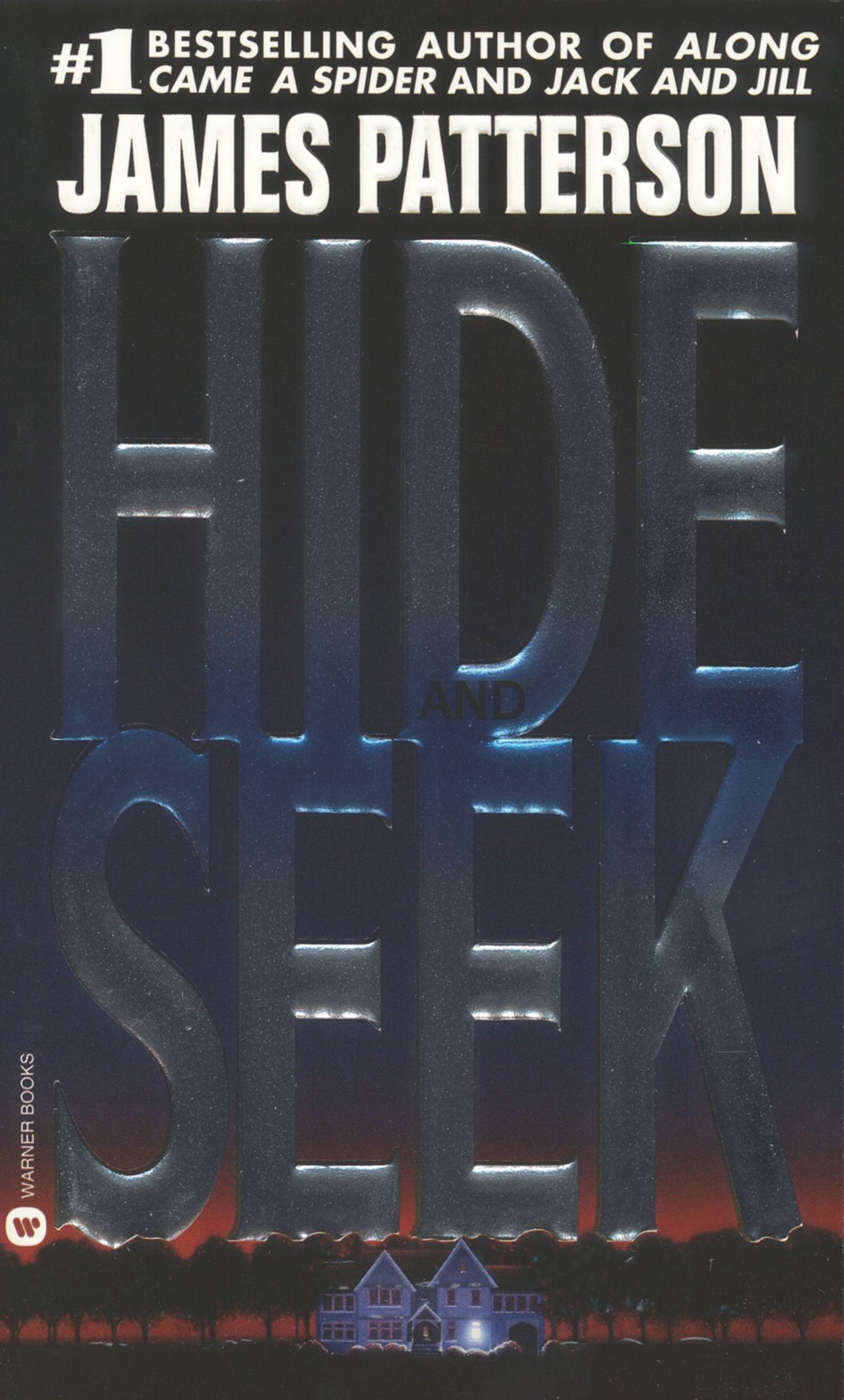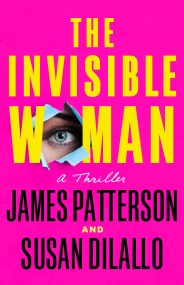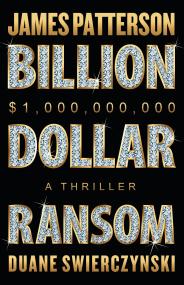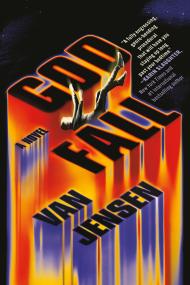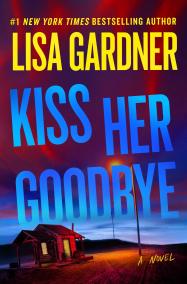By clicking “Accept,” you agree to the use of cookies and similar technologies on your device as set forth in our Cookie Policy and our Privacy Policy. Please note that certain cookies are essential for this website to function properly and do not require user consent to be deployed.
Hide and Seek
Contributors
Formats and Prices
- On Sale
- Dec 1, 1996
- Page Count
- 368 pages
- Publisher
- Little, Brown and Company
- ISBN-13
- 9780446409292
Price
$9.99Price
$12.99 CADFormat
Format:
ebook $9.99 $12.99 CADThis item is a preorder. Your payment method will be charged immediately, and the product is expected to ship on or around December 1, 1996. This date is subject to change due to shipping delays beyond our control.
Buy from Other Retailers:
From #1 New York Times bestselling author James Patterson, the world's favorite singer is on trial for murdering an athlete … but in a ruthless world of power and privilege, life and death aren't what they seem.
It was the trial that electrified the world. Not just because of the defendant, Maggie Bradford, the woman whose songs captivated the world's heart. Not just because of the victim, Will Shepard, the world's most glamorous athlete. But also because everyone said Maggie had murdered not just one husband, but two. And because in Maggie's world—the world she feared and despised but could not escape, the world of the powerful, the rich, and the ruthless—both death and life could never be what they seemed.
From James Patterson, bestselling author of the Alex Cross and Women's Murder Club series, comes a brilliantly realized thriller that will shatter your expectations … and hold every last one of your nerves in thrall with each turn of the page.
It was the trial that electrified the world. Not just because of the defendant, Maggie Bradford, the woman whose songs captivated the world's heart. Not just because of the victim, Will Shepard, the world's most glamorous athlete. But also because everyone said Maggie had murdered not just one husband, but two. And because in Maggie's world—the world she feared and despised but could not escape, the world of the powerful, the rich, and the ruthless—both death and life could never be what they seemed.
From James Patterson, bestselling author of the Alex Cross and Women's Murder Club series, comes a brilliantly realized thriller that will shatter your expectations … and hold every last one of your nerves in thrall with each turn of the page.
Newsletter Signup
By clicking ‘Sign Up,’ I acknowledge that I have read and agree to Hachette Book Group’s Privacy Policy and Terms of Use
